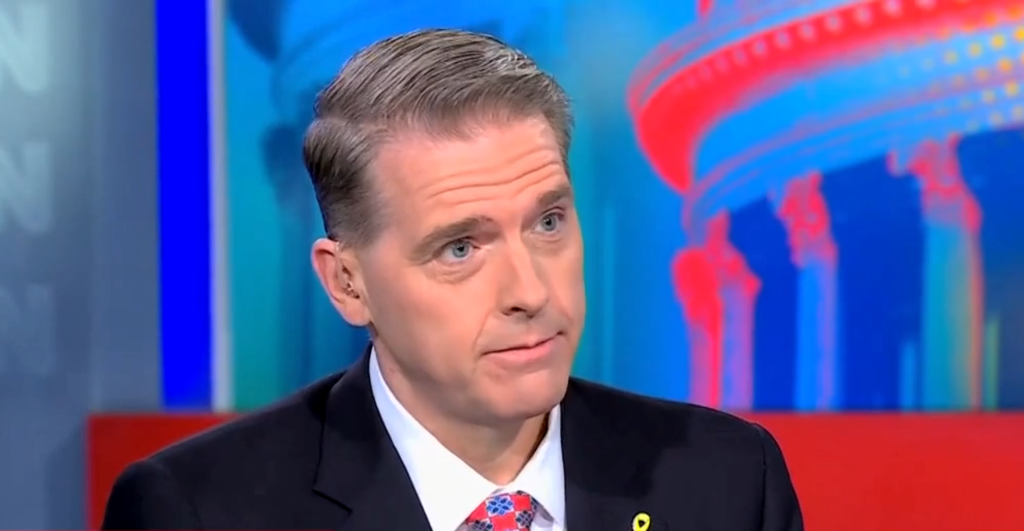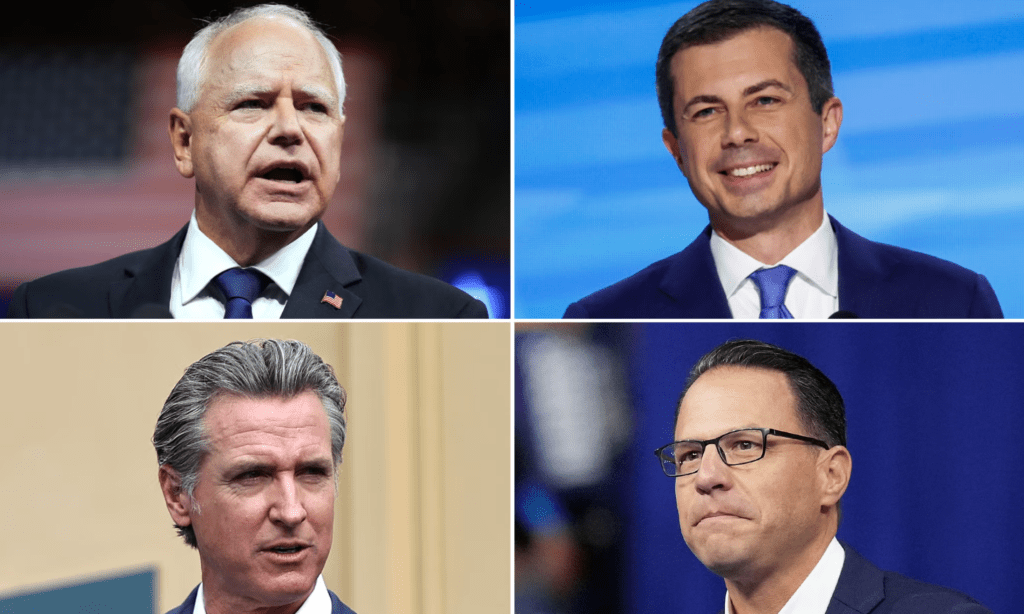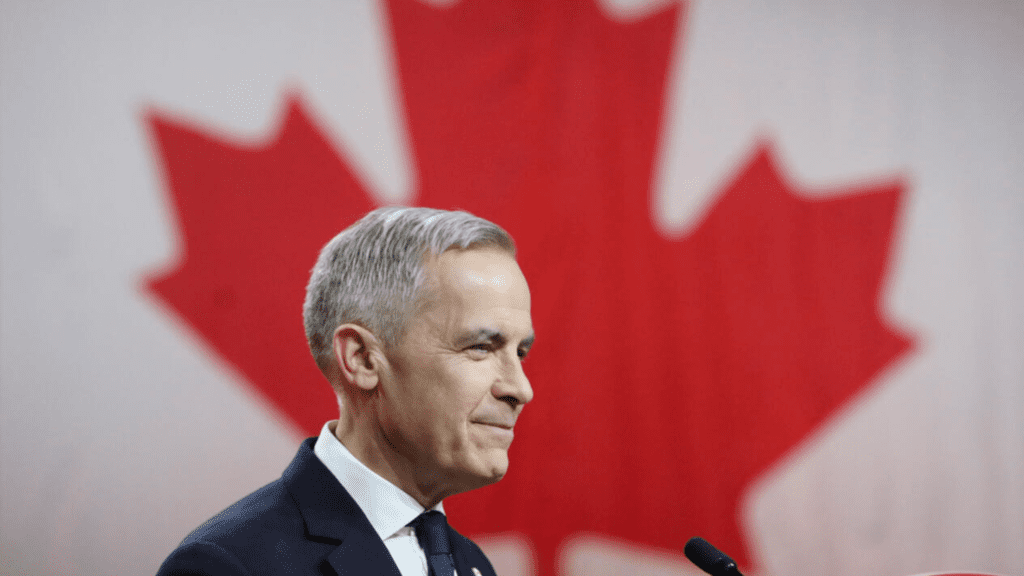Two of the most influential bastions in Resistance Media are about to find out their taxpayer-funded, left-wing hit pieces do not fly with the the Trump administration.
The chairman of the Federal Communications Commission (FCC) has launched an investigation into NPR and PBS over concerns that the public broadcasters may be airing commercials in violation of federal law.
Brendan Carr, appointed by former President Donald Trump to lead the agency, sent a letter to NPR CEO Katherine Maher and PBS President and CEO Paula Kerger notifying them of the probe, according to The New York Times.
“I am concerned that NPR and PBS broadcasts could be violating federal law by airing commercials,” Carr wrote. “In particular, it is possible that NPR and PBS member stations are broadcasting underwriting announcements that cross the line into prohibited commercial advertisements.”
Public broadcasters are legally prohibited from airing traditional commercials. Instead, they rely on corporate underwriting spots, which may acknowledge sponsors but cannot explicitly encourage audiences to purchase a product or service.
“It is important to me, as Chairman of the FCC, that noncommercial educational broadcast stations stay true to their important missions and refrain from operating as noncommercial in name only,” Carr added.
In response, Maher affirmed NPR’s compliance with federal regulations, stating, “We are confident any review of our programming and underwriting practices will confirm NPR’s adherence to these rules.” PBS echoed a similar sentiment, emphasizing its commitment to “noncommercial educational programming” and stating that it “works diligently to comply with the FCC’s underwriting regulations.”
The investigation aligns with broader efforts by the former president to scrutinize public media, particularly NPR. In April, Trump took to Truth Social to declare, “NO MORE FUNDING FOR NPR, A TOTAL SCAM!” and accused the broadcaster of being “a liberal disinformation machine.”
Carr is also the author of the FCC chapter in Project 2025, a conservative policy blueprint that Trump has publicly disavowed, despite implementing several of its proposals. The chapter argues that the FCC must “change course” and prioritize policies focused on “reining in big tech, promoting national security, unleashing economic prosperity, and ensuring FCC accountability and good governance.”
Among its recommendations are requiring tech companies to contribute to the FCC’s Universal Service Fund, which subsidizes internet and connectivity programs, addressing national security concerns over TikTok, and supporting advancements in space technology, including Elon Musk’s Starlink.
FCC Commissioner Anna Gomez criticized Carr’s move, calling it “yet another administration effort to weaponize the power of the FCC.” She added, “The FCC has no business intimidating and silencing broadcast media.”


